
Female leadership can—and will—make a difference in the future.

Female leadership can—and will—make a difference in the future.

One doctor shares his experiences with religion’s role in the practice.

Patients who are report social phobia are unlikely to speak out for themselves. For them, confrontations with their boss or coworkers are even worse than water-cooler conversations. That is where psychiatrists can help.

Investments in brain health and brain skills are key to sustaining the environment and navigating the complexities of social-ecological challenges.

Religion doesn't seem to be part of the conversation on these difficult times. How and why can it help?
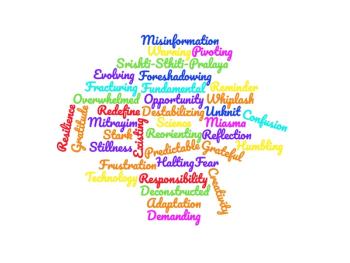
What meanings and values can be found from the past year, and what words will be found going forward?
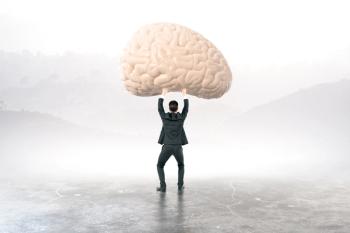
Devoting funds to better benefit brain health could improve society as a whole.

How can we ensure that our attributions of meaning are not simply instances of creative storytelling?

An ex-Yale psychiatrist who skirted the Goldwater Rule is suing the university over her termination.
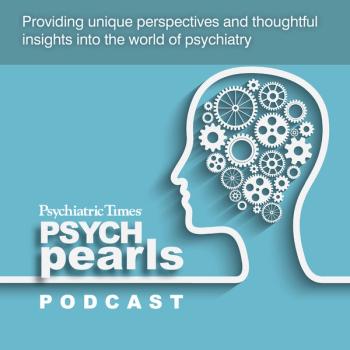
How can we save more lives and prevent overdose deaths? Lloyd I Sederer, MD, a psychiatrist, expert in public health, and author provides insights.

It’s time for psychiatry to take the high road in addressing racism, especially as the psychological toll becomes more evident.
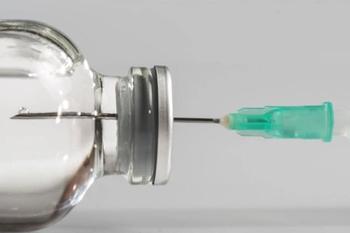
The vaccine needs to be appropriately framed: as a benefit, not a risk.

The wave of anti-Asian violence needs a better response than mere words.

What factors make individuals more susceptible to loneliness? Gender? Race? Age?

A potential young psychiatrist lost too soon.

High (and low) points in the history of mind sciences can be explored through folklore.

These 10 high-yield steps to antiracism in psychiatry support those committed to achieving racial justice and equity both inside and outside of the clinical realm.
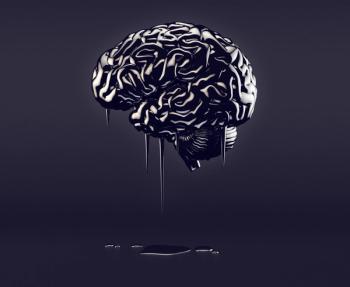
Brain health disorders cost the global economy more than $3 trillion per year in lost productivity. What can we do about it?
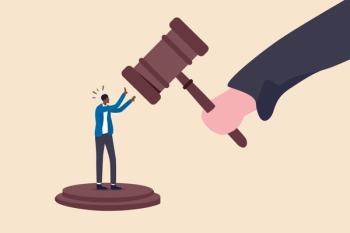
What are best practices for difficult conversations about racism? How can psychiatrists help? The authors present 6 ways to advance discussions about racism in psychiatry.

Sports form communities, encourage teamwork, and bring us together, but how?

Which traditions will keep us afloat during the pandemic, and which ones need to go?

What are your thoughts about prescribing medical marijuana/cannabis to treat psychiatric disorders?

Apologies are a psychological process. H. Steven Moffic, MD, talks about an important apology this week.

One doctor gives his recommendations for attending to children’s happiness.

Is the purported “saddest day of the year” evidence-based?